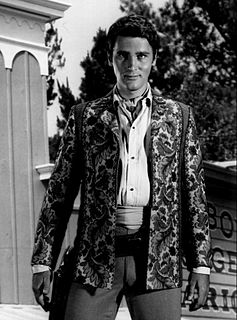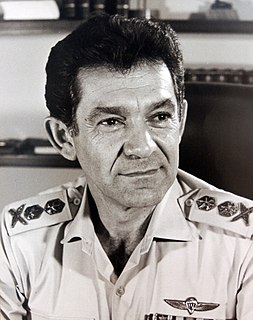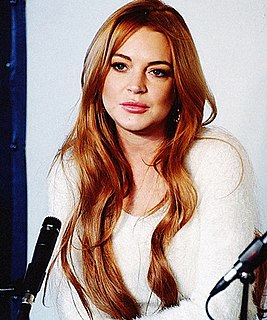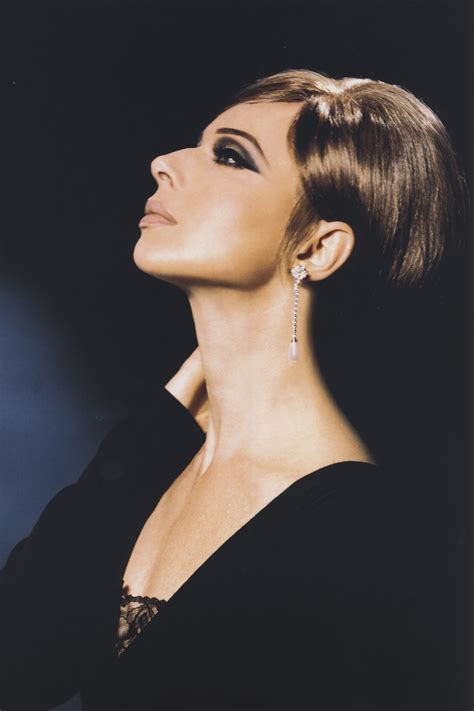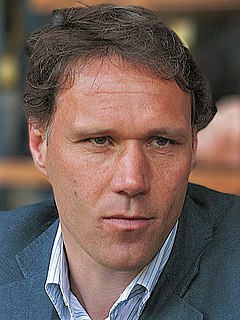A Quote by Robert Wolders
The memory of Audrey is in my innermost mind. And I don't need a foundation to commemorate her. That's perhaps a bonus, if you like.
Related Quotes
Audrey Auld is a great singer songwriter. She holds a unique place in contemporary Americana/Roots music. I believe that this uniqueness is largely due to the fact that she is Australian. This affords her a totally different attitude as an artist than traditional American contributors to this genre. Audrey is one of the most honest original artists I know.
